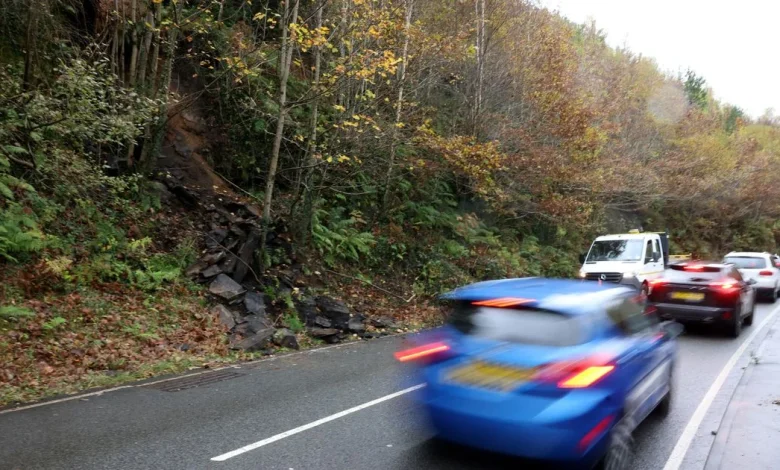Drivers hit with fuel price rise and tax hikes in Rachel Reeves’ budget

There will new charges for electric vehicle drivers and a freeze on fuel duty will only continue until September 2026
14:17, 26 Nov 2025
Whether you’re a fuel or electric vehicle driver, there are changes coming(Image: John Myers)
A freeze on fuel duty will continue, but only until September next year, after which point it will be reversed in a staggered approach. Chancellor Rachel Reeves, making her Budget statement to the House of Commons said: “Under current plans, the temporary 5p cuts of fuel duty that was introduced during the pandemic will come to an end in April and fuel duty will be updated in line with inflation.
“But I know that the cost of travelling to and from work is still too expensive. And so I’m extending the 5p cuts until September 2026.”
Previously announced increases to fuel duty rates have now been postponed for 16 consecutive years. A 5p per litre cut in duty introduced by the Conservative government in March 2022. For our free daily briefing on the biggest issues facing the nation, sign up to the Wales Matters newsletter here
The Office for Budget Responsibility (OBR), which published its review before the Budget had been announced in a “technical error”, said after that five-month freeze to fuel duty rates until September 2026 the 5p cut first introduced in 2022 will be reversed through a staggered approach.
From April 2027, the Government has stated that fuel duty rates will be increased annually by the RPI measure of inflation, the document said.
Fuel duty has not risen since April 2010. Before the introduction of the 5p per litre cut, fuel duty had been frozen at 57.95p per litre since March 2011.
VAT is charged at 20% on top of the total price.
AA president Edmund King said maintaining the 5p cut in the short-term is “much welcomed and helps everyone”, but warned that “drivers will brace themselves for duty hikes from next September”.
RAC head of policy, Simon Williams, said the “relief” felt by drivers will be “very short-lived”.
The Treasury faces a reduction in revenue from fuel duty as more drivers move from petrol or diesel cars to EVs and has announced that from April 2028, drivers of battery electric cars will be hit by a 3p per mile tax and there will be a £0.015 per mile for plug-in hybrid cars, with the rate per mile increasing annually with CPI.
The average driver of a battery electric car in 2028-29 driving 8,500 miles is therefore expected to be charged £255 in this year.
Steve Gooding, director of motoring research charity the RAC Foundation, said it was “inevitable” that the Treasury would “backfill its coffers” as it watches income from fuel duty “ebbing away”.
Founder of FairFuelUK.com Howard Cox said: “Fifteen years I have led the economic case for keeping fuel duty as low as possible, and it remains the case that cutting this needlessly too high tax on an essential resource, it should still be reduced.
“This action more than any other levy will deliver increased consumer spending, new jobs, lower inflation and faster GDP growth. It’s time the Labour party lose the anti-driver label, and at last see private road user transport as a stimulus to delivering economic growth not the ill-informed belief trumpeted by Ed Miiliband they are responsible for climate change.
“Rachel Reeves’s 3p Pay per mile on EVs is I fear the thin end of the wedge to make all vehicles, whatever their type of fuel, pay tax as they drive.
“Whilst Fuel Duty and VAT continues to deliver billions to the exchequer, both types of taxation cannot work alongside each other. It’s time Government listens to and consults drivers as to developing a long term road user tax plan that’s fair to UK’s 37m drivers and the economy. FairFuelUK is here to contribute to that plan”.
The OBR warned that the measure will reduce sales of electric cars by about 440,000 as it is “likely to reduce demand… as it increases their lifetime cost”.
Ginny Buckley, the chief executive of EV advice website Electrifying.com, described the Government’s approach to the EV transition as “muddled and confusing”, by offering purchase grants but “piling new taxes” on those who have already switched from petrol or diesel models.
Ian Plummer, chief commercial of online vehicle marketplace Autotrader, accused the Chancellor of “driving with the handbrake on” when it comes to EVs.
He claimed the per mile charge “sends completely the wrong signal”.





